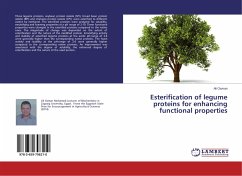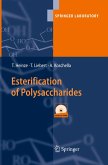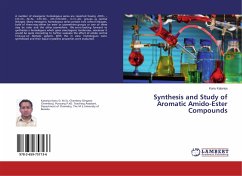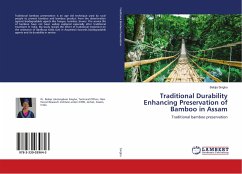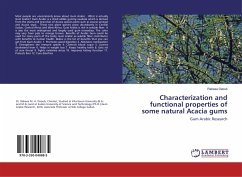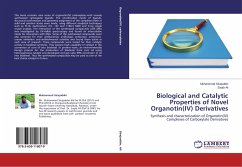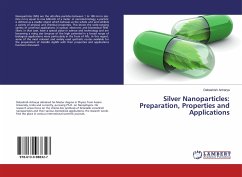Three legume proteins, soybean protein isolate (SPI), broad bean protein isolate (BPI) and chickpea protein isolate (CPI), were esterified to different extent by methanol. The esterified proteins were analyzed for solubility, emulsifying and foaming properties at a pH range of 2-10. These functional properties were changed in the esterified proteins compared to the native ones. The magnitude of change was depended on the extent of esterification and the nature of the modified protein. Emulsifying activity and stability of esterified legume proteins at the acidic pH-range of 2-6 were generally higher than the corresponding native proteins. The foam activity and stability at the pH-range of 2-6 were generally higher compared to the corresponding native proteins. An improvement was associated with the degree of solubility, the enhanced degree of esterification and the nature of the used protein.

